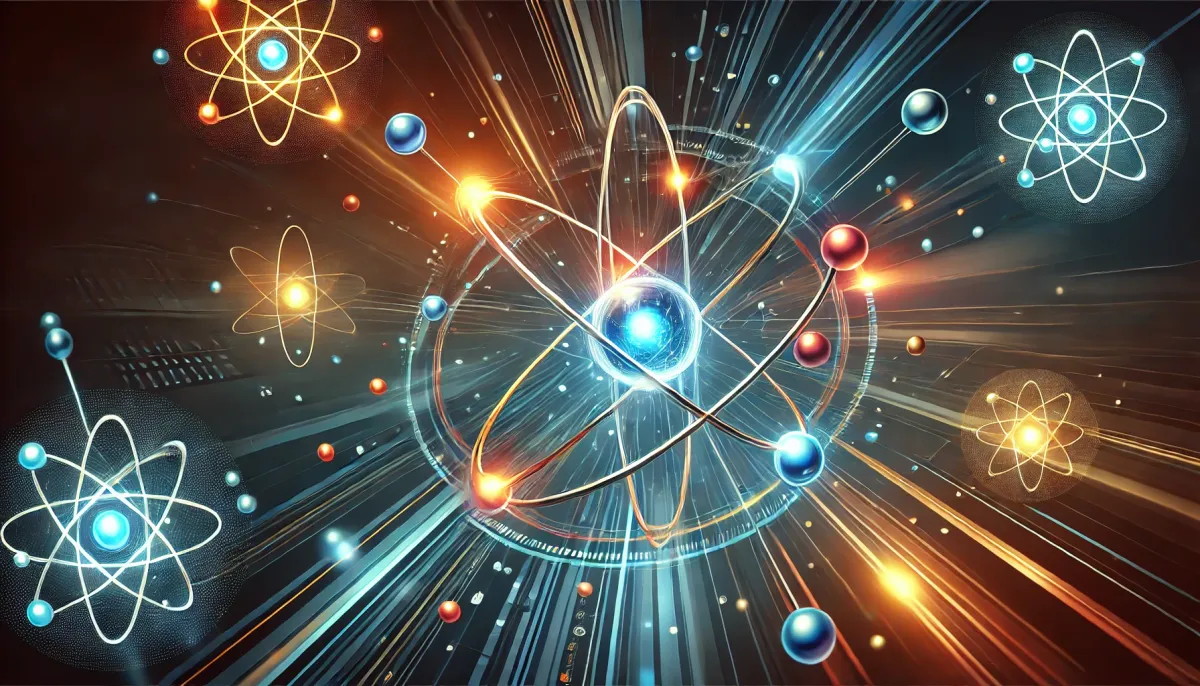The Revival of Panpsychism

Panpsychism, the idea that everything possesses consciousness, is making a surprising comeback. Once dismissed by scientists, this view suggests that consciousness is a fundamental and ubiquitous aspect of the universe. In my previous discussion on Separating Consciousness as Fundamental from Panpsychism, I delve into David Chalmers' critical distinction between consciousness as fundamental and consciousness as universally pervasive (panpsychism). Today, I will explain why I tend to refrain from using the term panpsychism despite the potential truth it holds.
Historical Perspectives: Historically embraced worldwide, from ancient Greek philosophers to indigenous cultures, panpsychism views all-natural elements as conscious to some degree. This concept closely intertwines with animism, which believes everything is imbued with spirit and idealism, where consciousness is seen as central. While consciousness centrality is a recurring theme in Consciousness Uncovered, I hesitate to embrace panpsychism and its historical connotations.
Scientific Reconsideration: Modern science, long dominated by materialism, faces challenges explaining consciousness solely through physical matter. Panpsychism offers an appealing solution by positing that consciousness is inherent in the universe's basic building blocks, allowing a seamless explanation of its emergence in more complex beings.
Experimental Evidence: Recent scientific experiments, such as those on slime mold and planaria, challenge the notion that sophisticated cognition and memory are exclusive to organisms with brains, suggesting broader cognitive abilities across life forms. We agree, but the challenge is how far back down you take consciousness. I know that I am conscious; you are conscious. So, we can speculate that "we," humans, are conscious. We can extend to animals (see Are Animals Conscious?) and plants (see The Light Eaters). We are even pondering cells and bacteria.
The problem for me is that if you take it down to the atom and the quarks, for example, it tends to get out of hand. Here, I take a more cautious position; in my opinion, for something to be conscious, it has to have the notion that it exists, experiences, and feels to some degree. We cannot determine if an atom has consciousness, but we can do so with humans, animals, plants, and maybe even cells.
Final Thoughts: As debates continue, panpsychism, while interesting and thought-provoking, remains a controversial framework. It solves one problem but creates many more. It bridges ancient wisdom and modern science, suggesting consciousness pervades the universe. However, the leap from acknowledging consciousness in humans, animals, and plants to attributing it to atoms requires careful consideration. As we navigate these debates, it's crucial to balance open-mindedness with scientific rigor. We need first a clear definition of consciousness before expanding our inquiry into atoms and quarks.
